4 Benefits of Composting
Composting stands out as a simple yet powerful practice to improve soil quality. Whether you have a sprawling garden or a small apartment balcony, compost has many benefits for growing your plants. Read on to explore the remarkable advantages of composting and why it should become integral to your eco-friendly lifestyle.
1. Soil Enrichment
Composting is nature's way of recycling organic waste. Compost is a natural powerhouse of essential nutrients like nitrogen, phosphorus, and potassium. This material ensures healthy plant growth, covering up areas left barren by human land clearing. Adding compost to your garden or potted plants improves soil structure, increases water retention, and promotes beneficial microbial activity. The result? Lush, vibrant plants and bountiful harvests without the need for synthetic fertilizers.
2. Waste Reduction in Landfills
You may notice that you're often throwing out food scraps or yard trimmings. Composting offers a practical solution to stop this organic waste from filling landfills. When organic matter decomposes in a landfill, it produces methane, a potent greenhouse gas. You can significantly reduce your carbon footprint by composting at home or supporting community composting initiatives. Moreover, diverting waste to composting facilities helps alleviate pressure on already overwhelmed landfills, prolonging their lifespan and reducing the need for additional waste management infrastructure and unnecessary land clearing.
3. Conservation of the Environment
Composting contributes to overall environmental conservation and supports healthy ecosystems. Compost-rich soil promotes biodiversity, attracts beneficial organisms like earthworms, and improves the soil's ability to break down pollutants. Using compost reduces reliance on chemical fertilizers, minimizing their negative impact on water bodies, wildlife, and beneficial insects. By composting, you become an eco-steward, actively participating in restoring and preserving our fragile ecosystems.
4. Sustainable Management of Resources
Composting represents a sustainable approach to managing our resources. It reduces the need for synthetic inputs and helps build a resilient and self-sustaining system that supports our agricultural needs while safeguarding the planet. By transforming organic waste into valuable compost, we close the loop of the natural nutrient cycle. Composting also prevents the loss of soil. According to Research Gate, soil loss can be minimized by 86% when compost fertilizes the soil.
Composting is a transformative practice that benefits our private gardens and the planet. By embracing composting, we take a significant step towards a greener, more sustainable future. Contact our team at Johnsons Farms FL Inc today to learn more about how we can assist you!

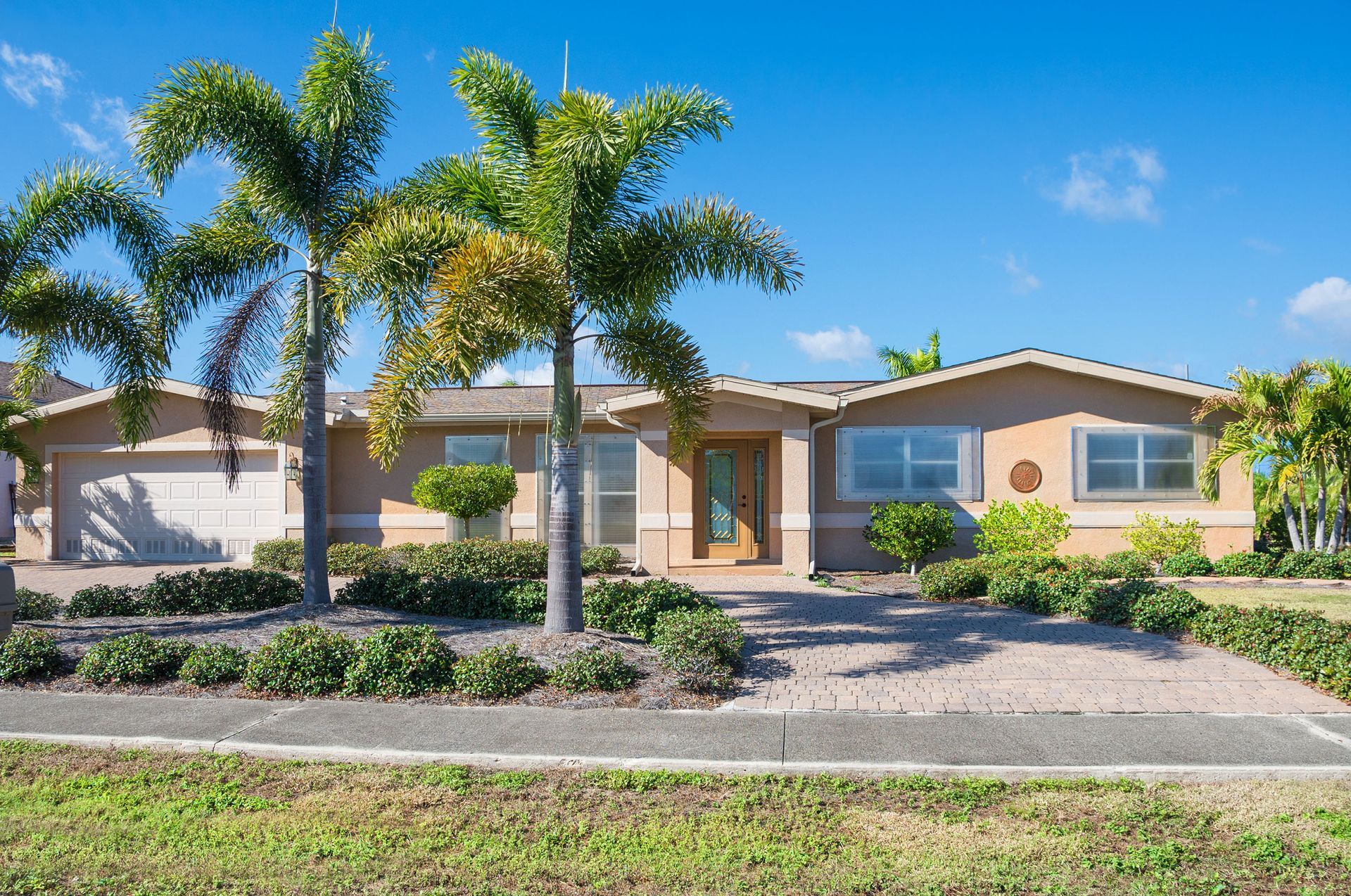
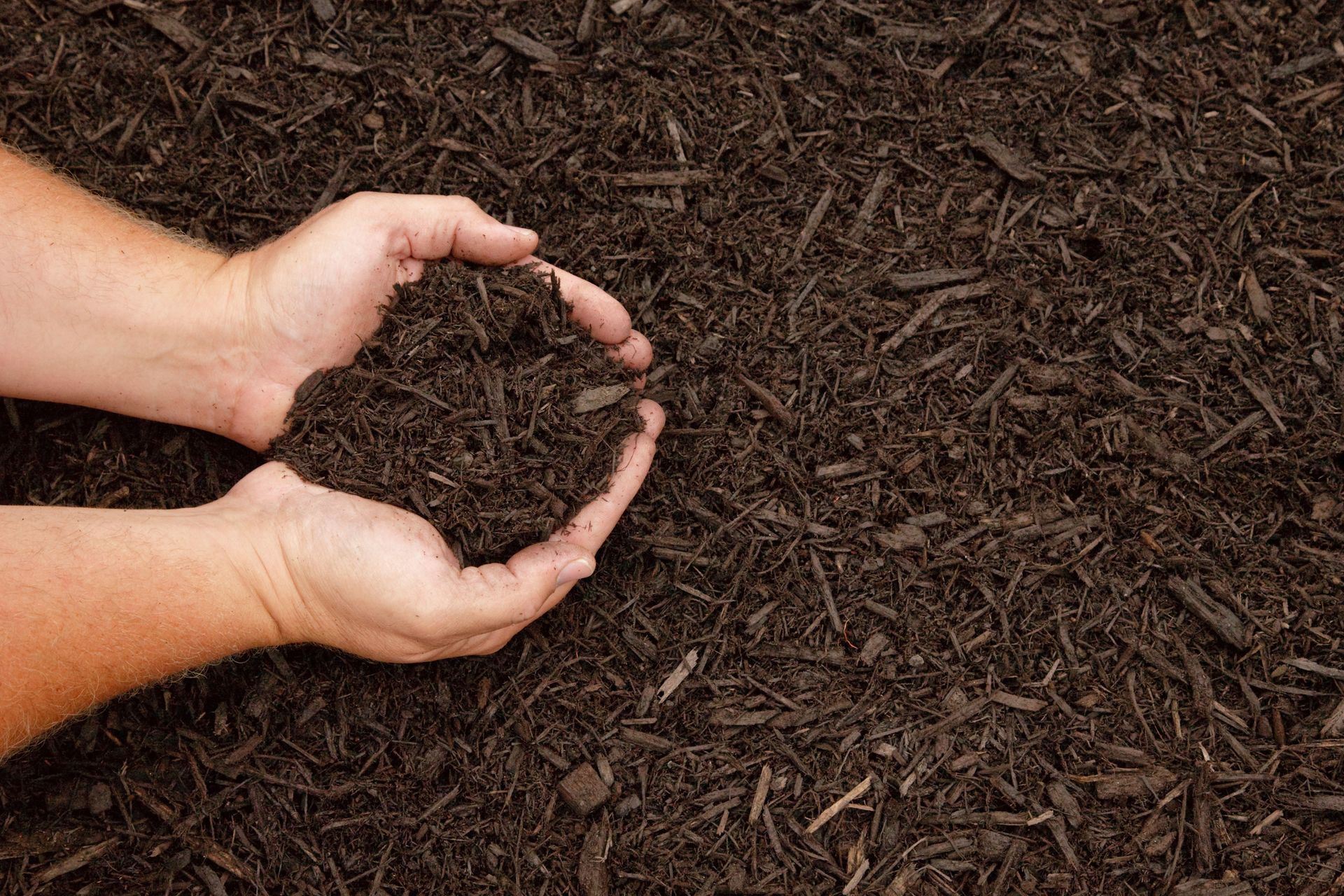
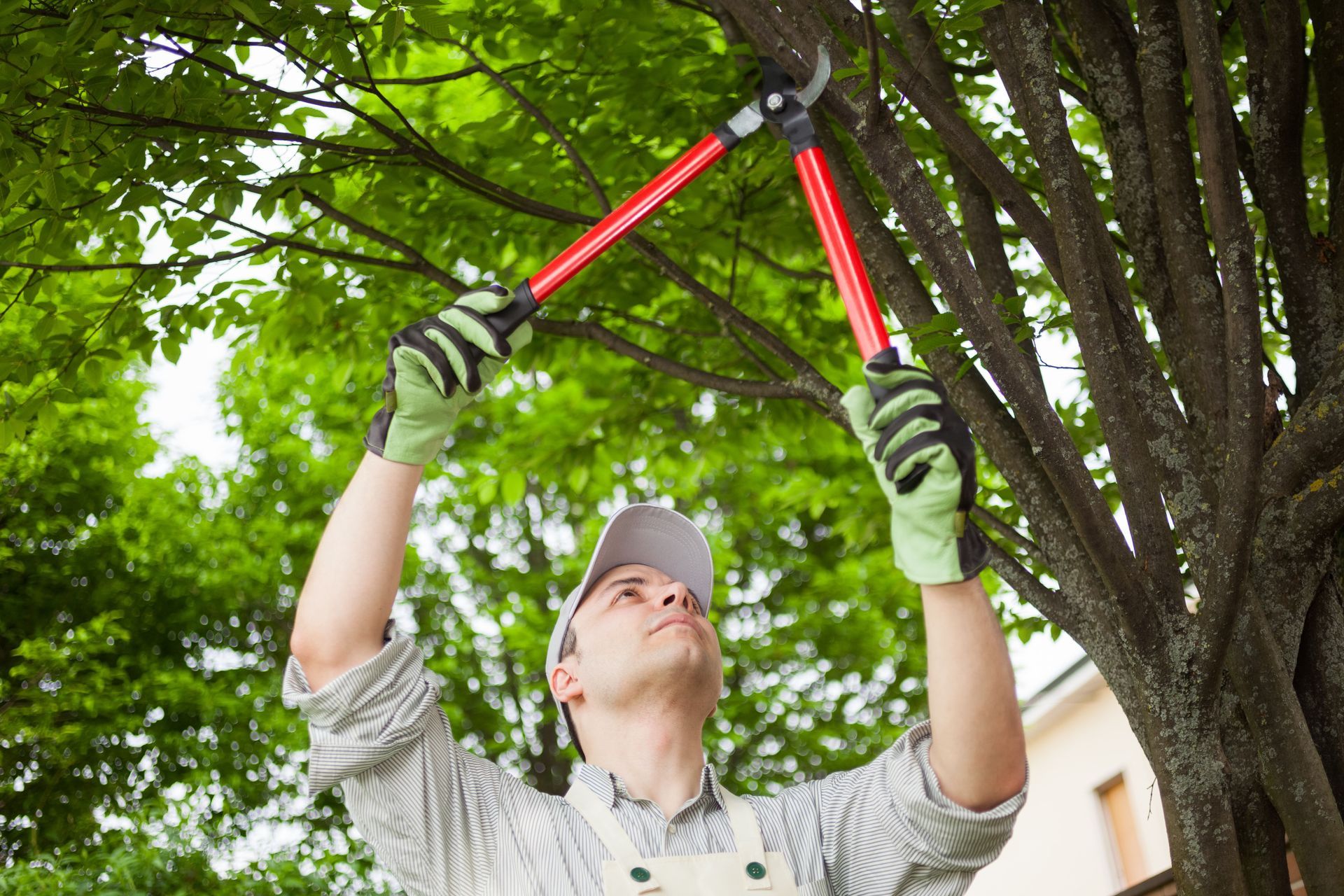

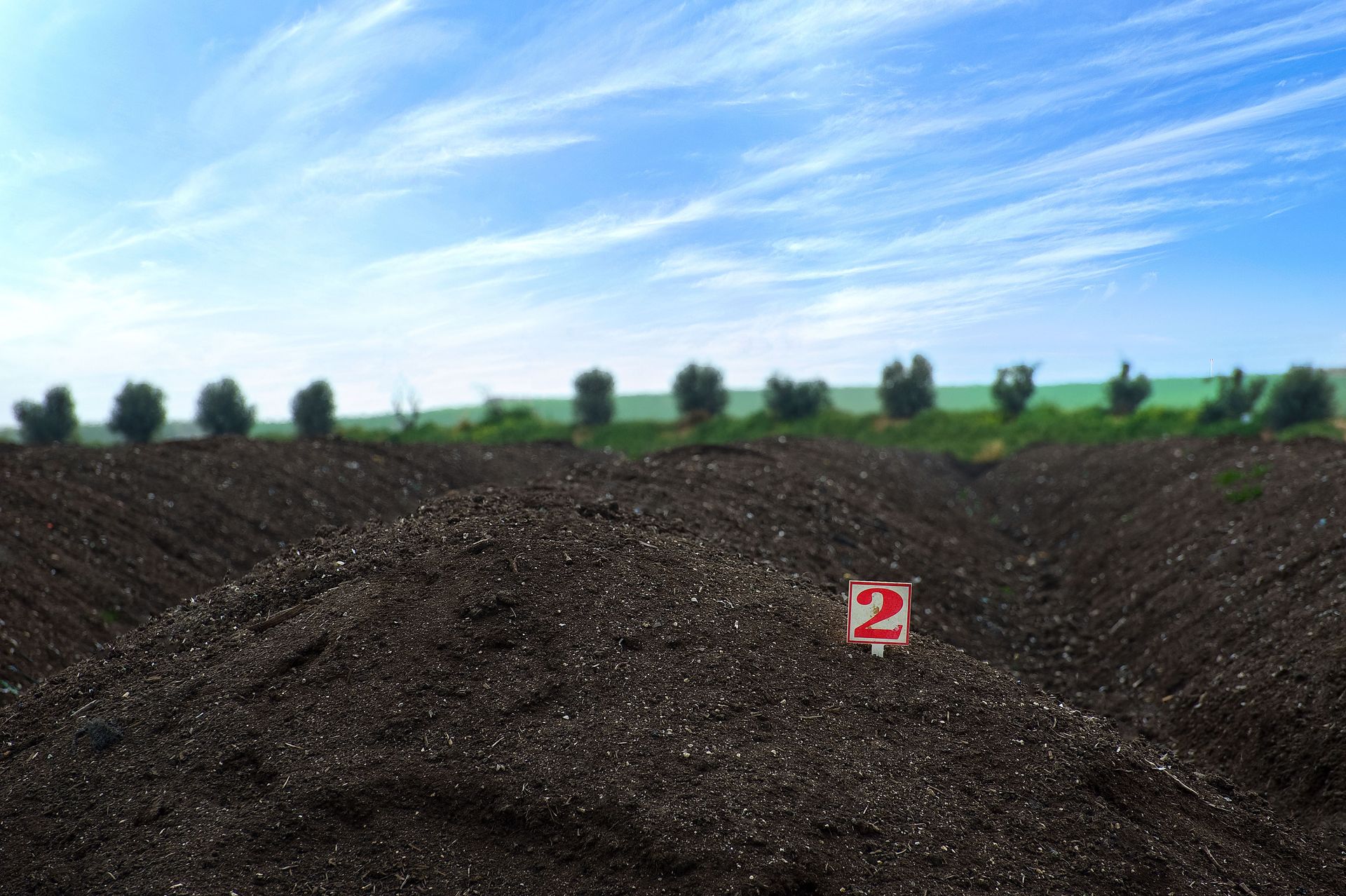
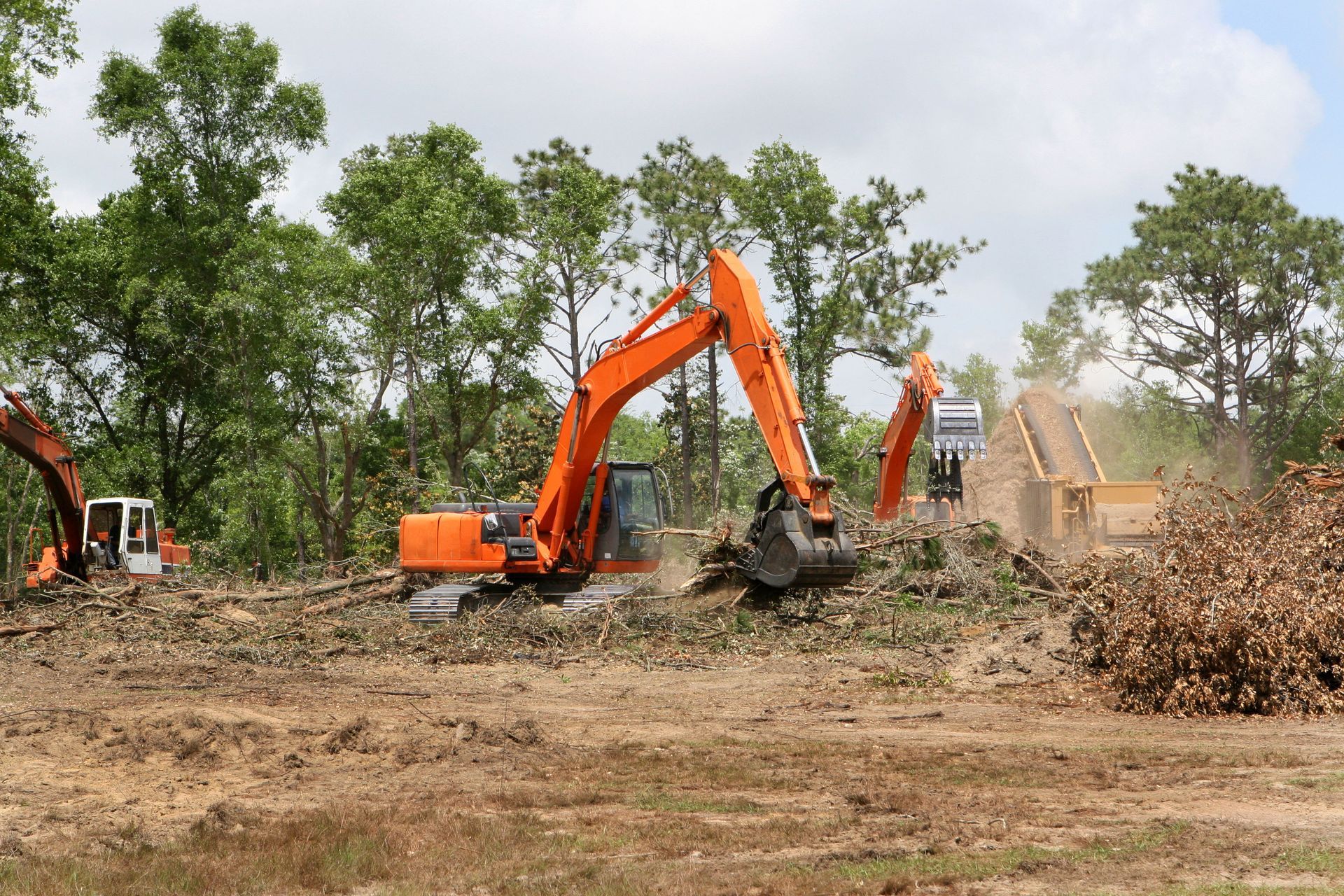
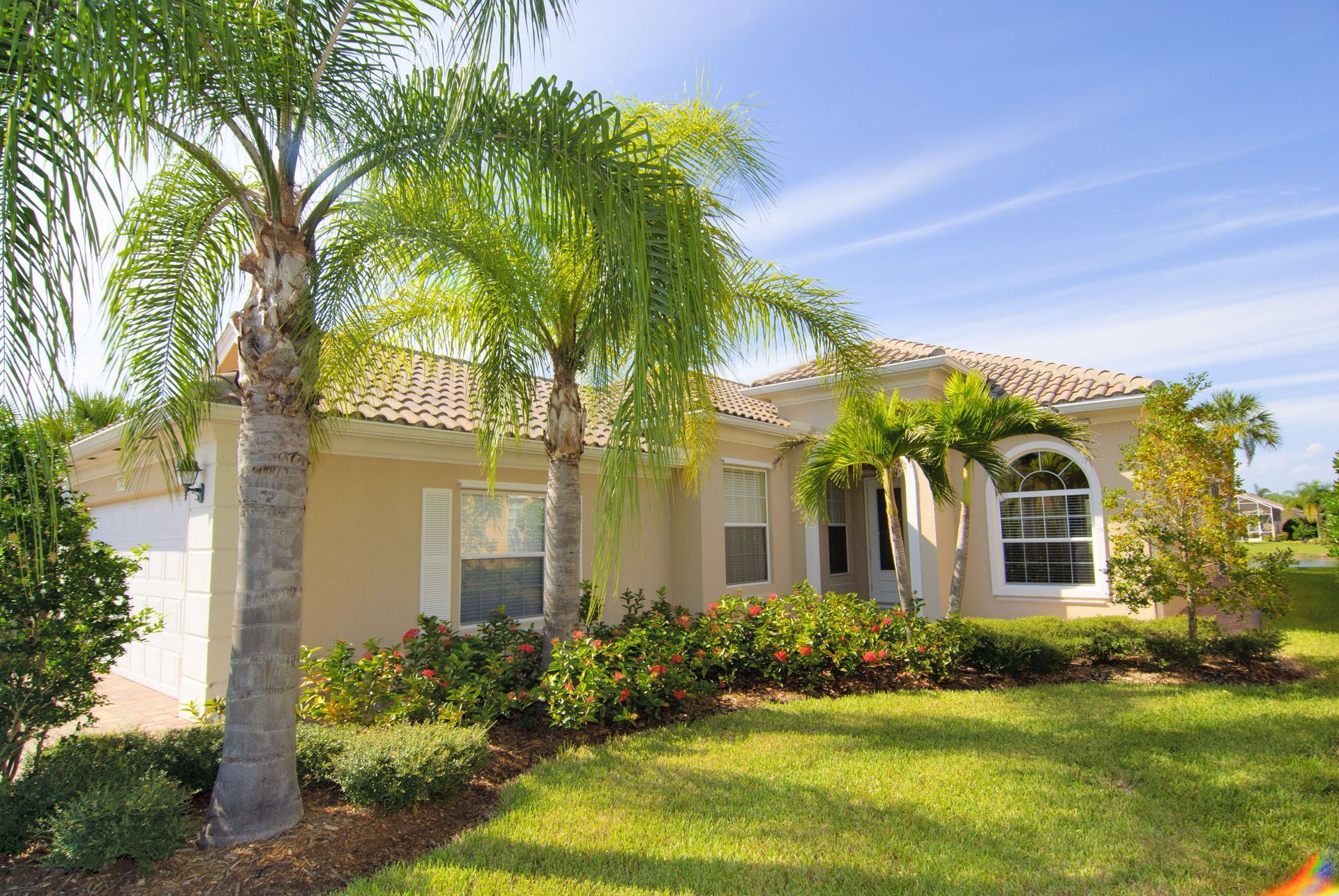
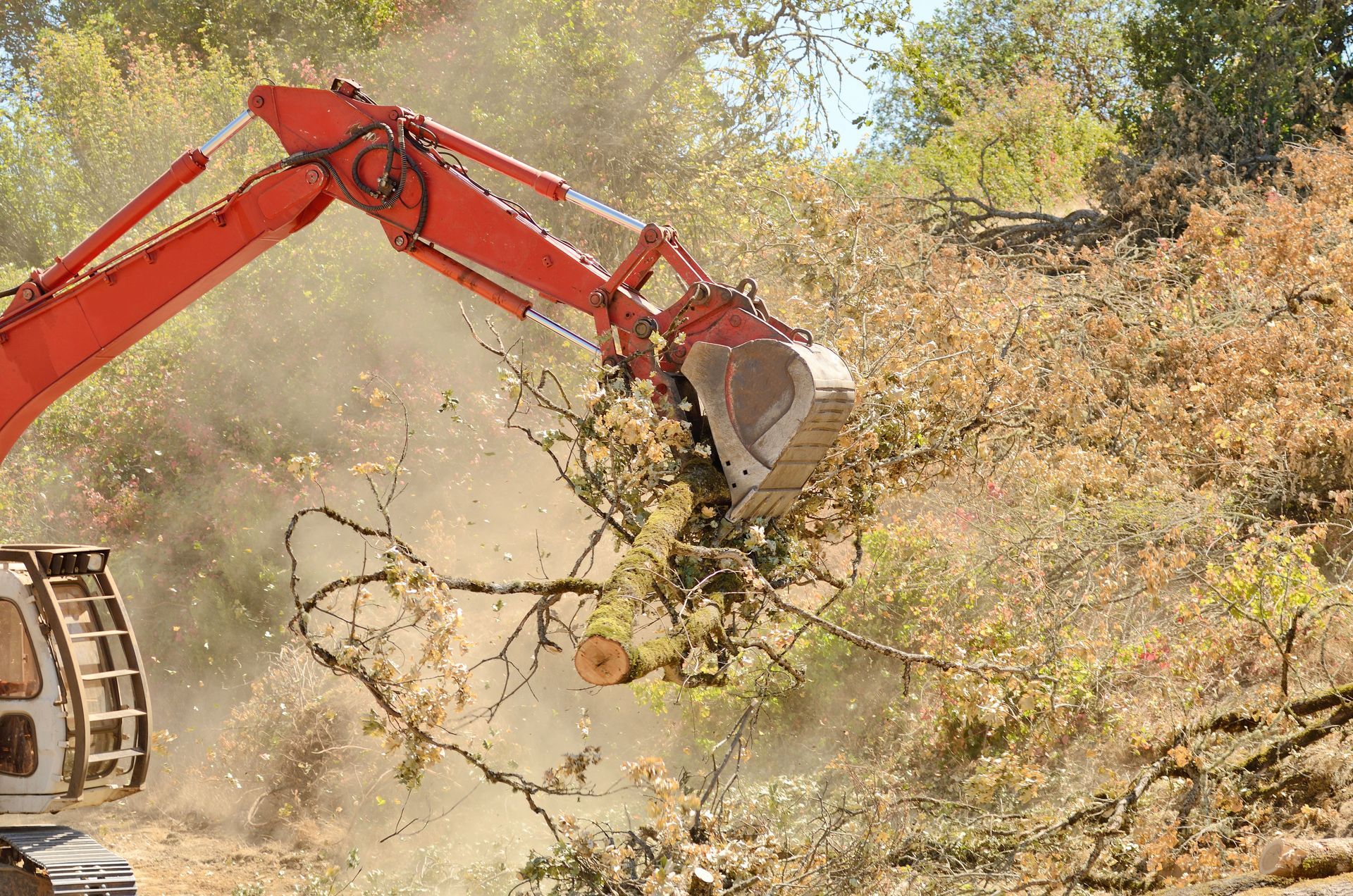
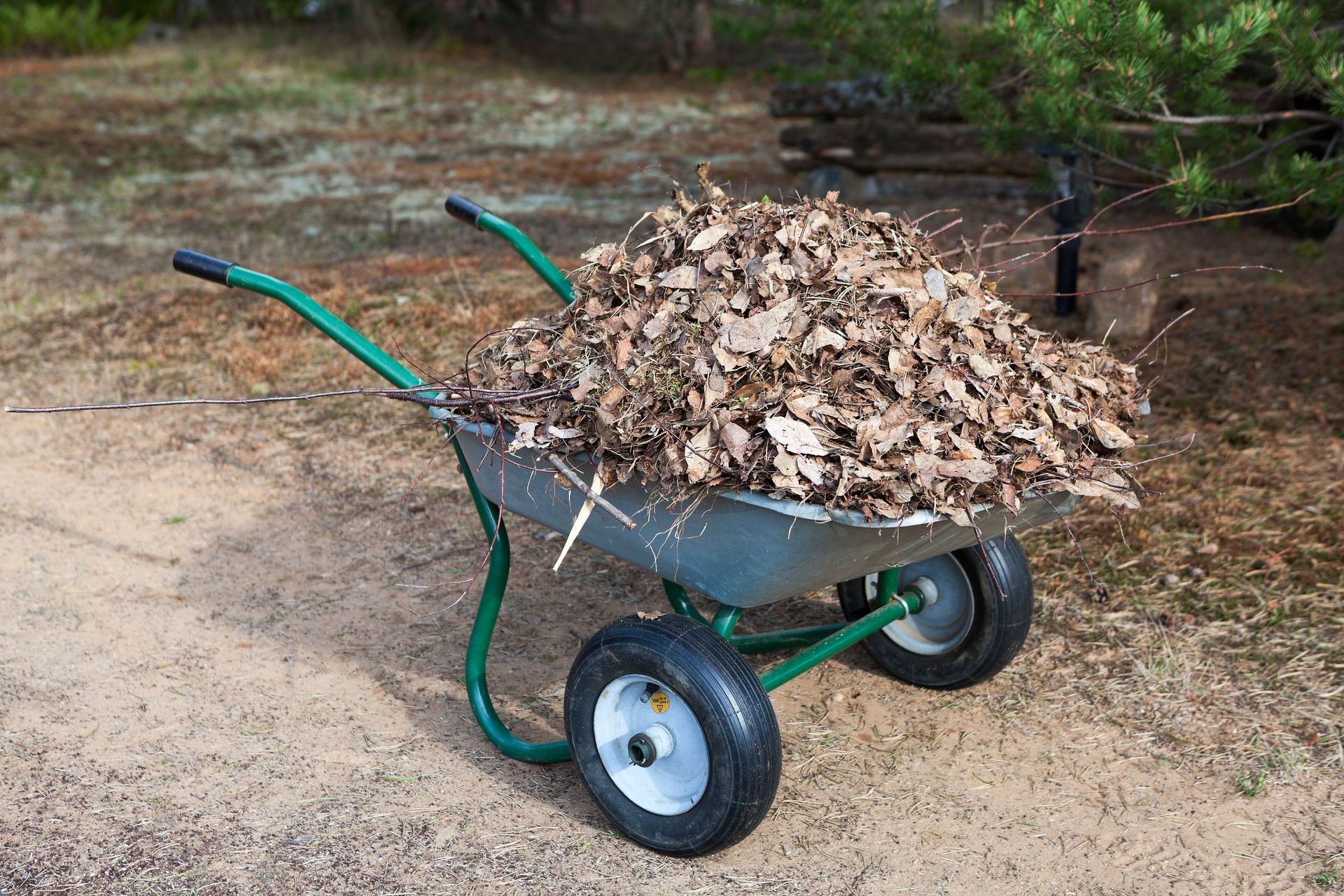

Share On: